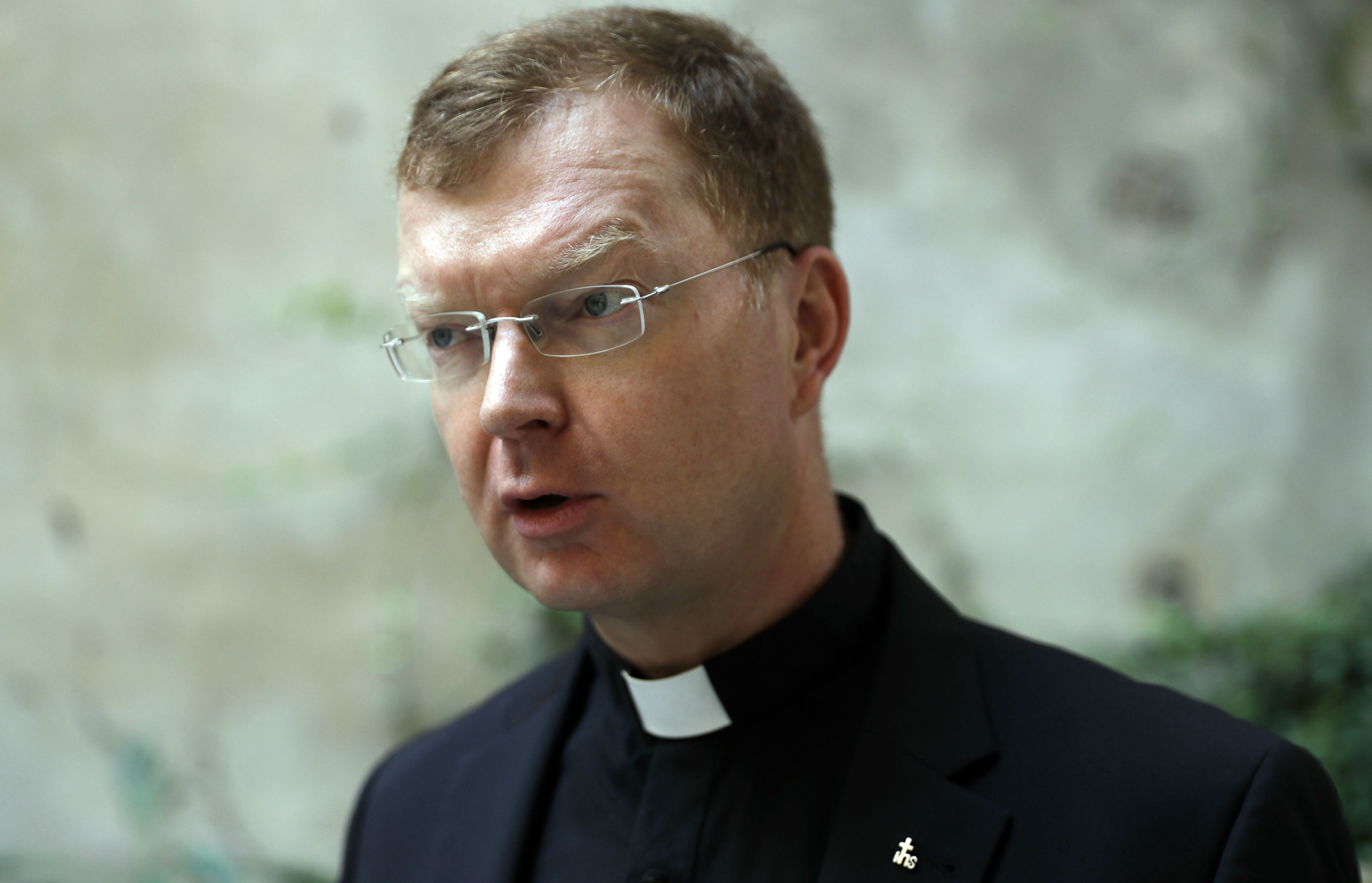With China launching its first ‘Silk Road’ direct rail-freight service to the UK, it is time we ditched our lopsided view of the past in order to make sense of what is going on around us
Few will be sad to see the back of 2016, a year that has brought shocks, heartbreak and what feels like unprecedented turbulence. We have lost rock, cinema and sporting royalty with the deaths of Princess Leia (the character in Star Wars Carrie Fisher was most widely known for playing), Leonard Cohen, Prince and David Bowie, Muhammad Ali and Arnold Palmer. Brexit and the election of Donald Trump as the forty-fifth President of the United States created division, splitting countries in half – or, to be more precise in the case of the United Kingdom, into two near halves measuring 52 and 48 per cent.
Pope Francis used his Christmas Day sermon to underline the regions and areas afflicted by war, terrorism, intolerance and violence. He urged the faithful to pray for peace in Syria, Israel and Palestine, Africa – especially Nigeria, Sudan and Democratic Republic of Congo – as well as in Ukraine and Colombia. A week later, on New Year’s Day, marked by the Church as the World Day of Peace, he was expressing his sorrow over another outbreak of terror: this time, the attack on a nightclub in the Turkish city of Istanbul that left 39 people dead.
A worrying vision of a world consumed by unparalleled violence and fear seems to have taken hold in the mainstream and social media. I was taken aback in the summer when I was asked if 2016 was the “worst year in history” – around the time the commemorations for the Battle of the Somme were taking place. On a single day a hundred years ago, the British Army lost nearly 20,000 men, with another 40,000 injured. The implications of Brexit do not seem so terrible when put into perspective beside the First World War.




